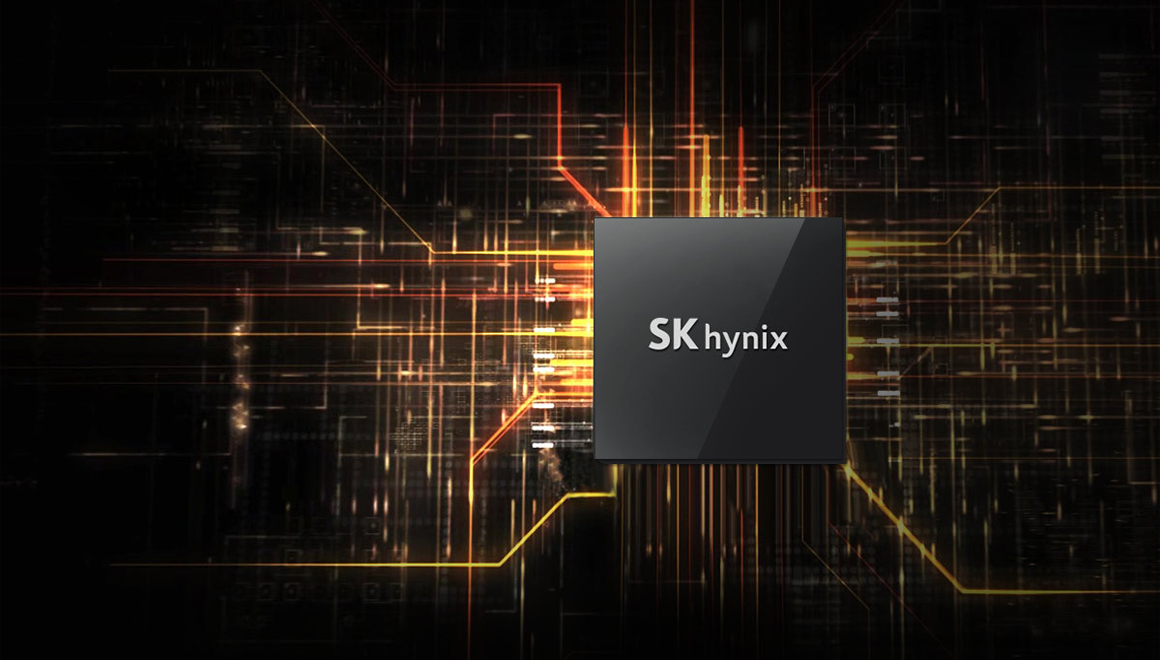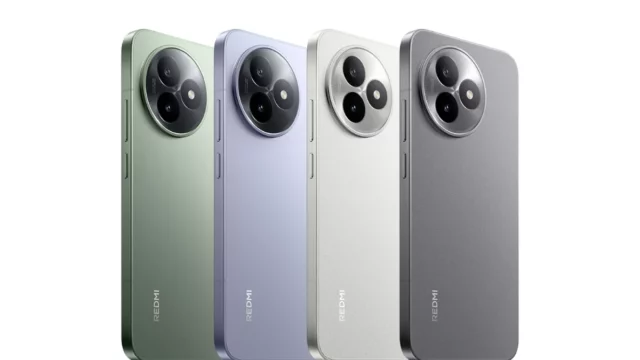The memory industry has witnessed a historic shift. South Korea-based SK hynix, thanks to its superior performance in the high-bandwidth memory (HBM) market, surpassed Samsung in the second quarter of 2025 to become the world’s largest memory manufacturer. The company surpassed its rival not only in sales figures but also in profitability.
SK hynix leads the memory market
According to data from market research firm Counterpoint, SK hynix sold $15.1 billion worth of memory chips during this period. This performance allowed the company to surpass Samsung for the first time in its history.

The growing demand for AI-based processors, in particular, has fueled interest in HBM chips, and SK hynix has taken the lead in this segment. The company has achieved a 62 percent share of the HBM market, vastly outperforming its competitors. Samsung’s market share has fallen to 17 percent, while US-based Micron has come in second with 21 percent.
SK hynix’s strategic partnership with Nvidia played a significant role in its success. As Nvidia’s primary choice for HBM supply, the company has steadily increased its production capacity and successfully delivered its products to market on time.
In contrast, Samsung hasn’t been able to achieve the same success due to difficulties in supplying HBM to AI chip manufacturers. The two companies’ performance curves have been inverse, particularly since the first half of 2024.
Operating profitability also favored SK hynix. The company delivered a strong quarter financially thanks to the high margins generated from its HBM chips. Samsung’s challenges, however, negatively impacted both its revenues and market position.
Counterpoint Analyst Jeongku Choi states that Samsung has shown signs of recovery in the short term, but this will not be enough. The company needs to expand its customer base for HBM3E products and increase efficiency in its production chain. Samsung is reported to have bottomed out in HBM sales in the first quarter of 2025 and experienced a limited recovery in the second quarter.
Meanwhile, Samsung remains a potential HBM4 supplier for Nvidia’s next-generation AI platform, Rubin. However, this opportunity hinges on the company’s production quality and delivery consistency. Samsung Foundry, which has recently attracted attention with new orders from Tesla, also raises expectations for a recovery in the company’s overall performance.
This shift in leadership in the memory market has once again demonstrated the direction-setting role of AI in the technology sector. SK hynix’s aggressive growth strategy and technology investments have propelled the company into the center of a new era in the memory industry.













